

17% of over 1 million Syrian refugees in Lebanon live in informal tented settlements
After more than six years of one of the deadliest, most destructive conflicts in recent history, the Syrian people are understandably desperate to find some light at the end of what has been a long, dark tunnel.
For the seventh consecutive winter, millions of Syrian refugees and displaced families face yet again the annual hardship and survival battle of enduring the extreme cold, snow and heavy rains, and most importantly, providing warmth to their children.
UNHCR is on the ground inside Syria and neighbouring countries, working with partners to provide winter assistance to the most vulnerable refugees through cash assistance and the distribution of essential winter items. UNHCR’s winter plan aims at assisting providing winter assistance to 1 million IDPs (200,000 families) starting from September 2017.
We are committed to helping Syrian refugees and displaced families but due to severe shortage in funding of the Syria situation and of our Winter Assistance Programme, we depend on the support of caring individuals to help us to respond on a larger scale.
Please donate TODAY
Make a monthly donation today to help refugees and help continue our life-saving work.
Could provide a person trapped in Syria with vital health care over the course of a year.
Could send a refugee child to a primary school in Lebanon.
Could provide a tent to shelter a Syrian family from cold and harsh elements.
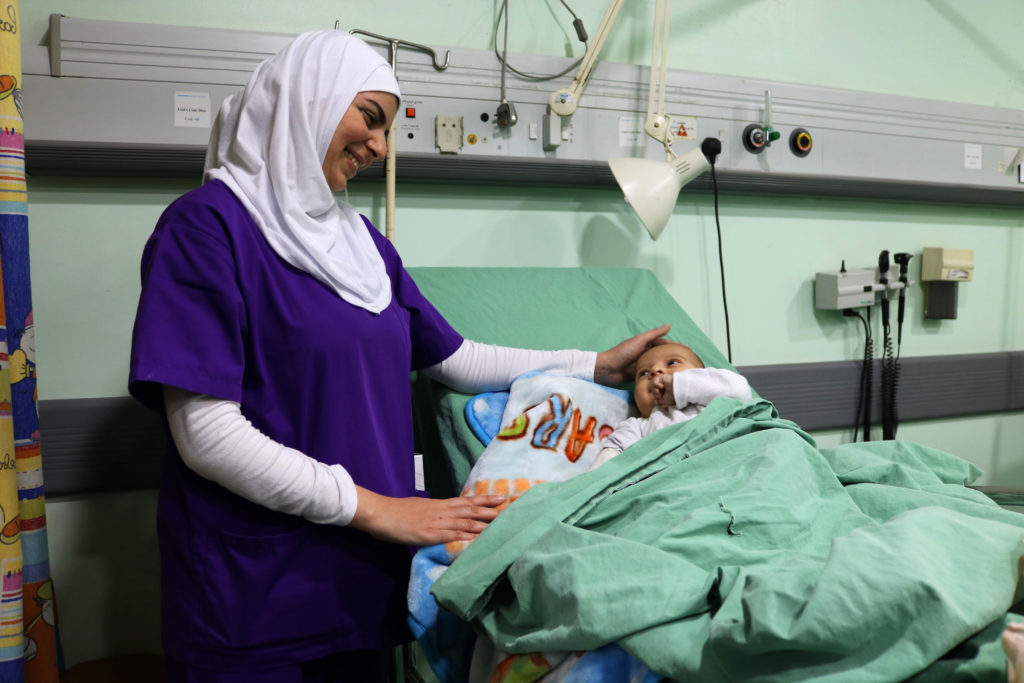
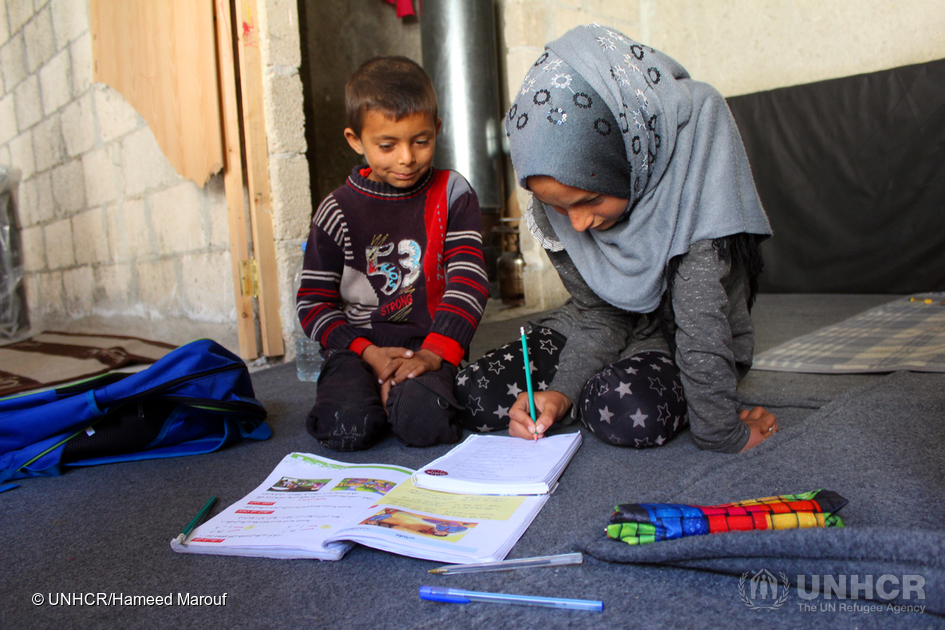
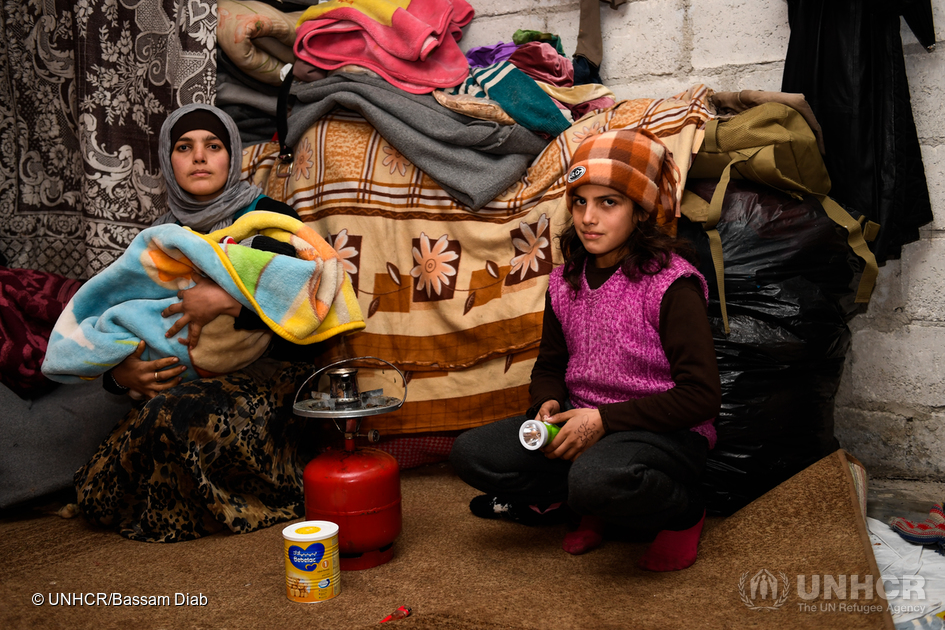
Make a one-time donation today support our life-saving work.
It takes $50 per week helps us support an extremely vulnerable Syrian family experiencing harsh conditions in Lebanon.
$100 helps us provide a cash grant to a Syrian family struggling with living expenses in Al Qa'im camp in Iraq.
Could send a refugee child to school in Lebanon for one academic year in Lebanon
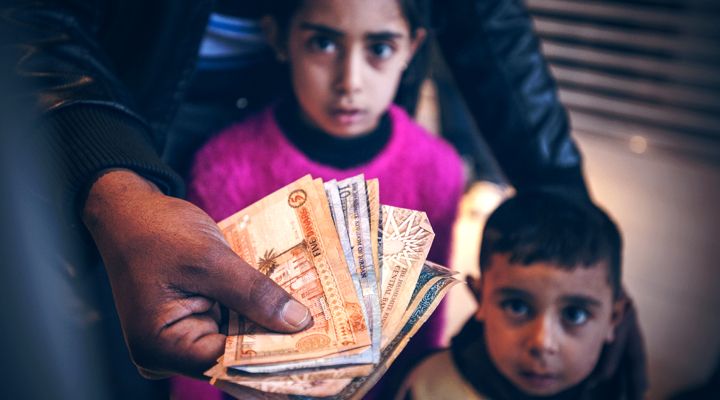
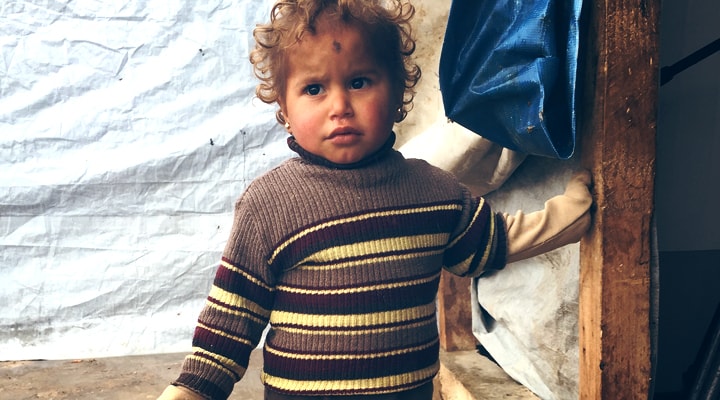

campaign_code=GUEN01SY00 Syria
Comments are closed.